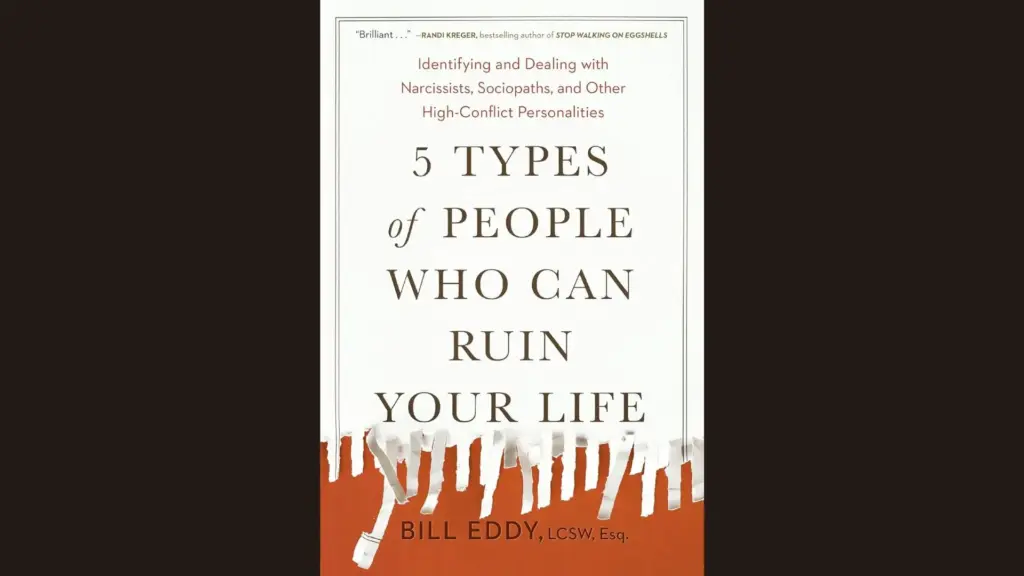Identifying and Dealing with Narcissists, Sociopaths, and Other High-Conflict Personalities
Book Byte #379

“Each of these people has an extreme version of what we call a high-conflict personality. Unlike most of us, who normally try to resolve or defuse conflicts, people with high-conflict personalities (HCPs) respond to conflicts by compulsively increasing them. They usually do this by focusing on Targets of Blame, whom they mercilessly attack—verbally, emotionally, financially, reputationally, litigiously, and sometimes violently—often for months or years, even if the initial conflict was minor. Their Targets of Blame are usually someone close (a coworker, neighbor, friend, partner, or family member) or someone in a position of authority (boss, department head, police, government agent). Sometimes, though, the Target of Blame can be completely random.”
“Each of these people has an extreme version of what we call a high-conflict personality. Unlike most of us, who normally try to resolve or defuse conflicts, people with high-conflict personalities (HCPs) respond to conflicts by compulsively increasing them. They usually do this by focusing on Targets of Blame, whom they mercilessly attack—verbally, emotionally, financially, reputationally, litigiously, and sometimes violently—often for months or years, even if the initial conflict was minor. Their Targets of Blame are usually someone close (a coworker, neighbor, friend, partner, or family member) or someone in a position of authority (boss, department head, police, government agent). Sometimes, though, the Target of Blame can be completely random.”
Club 255 is the #1 Recommended Career Improvement & Future of Work Newsletter for STEM Professionals. Consider becoming a Paid Subscriber Here.
“In a romantic relationship, wait a year before making any major decisions together. You will usually see the difference between the potential for lasting love and an intense, but temporary borderline infatuation within twelve months.”
“Watch out for being “overly helpful.” Don’t allow yourself to get tricked into doing tasks, lending money, giving up personal information, and doing other things for someone you do not know very well. In fact, get comfortable with setting reasonable boundaries, even with people you have known a long time—you may not know their full story.”
“Check things out before you commit your resources or put yourself at risk to help someone else.”
“(This is why I strongly advise everyone who is in a new romantic relationship to wait at least a year before marrying someone, moving in with them, or having a child with them.)”
“Our gut feelings are often the first to tell us there is a problem with someone’s behavior. Pay attention to your own gut when you’re in someone’s presence, or when you think about them.”
Cognition of the Books Idea
By intensifying conflict, placing blame, and controlling their targets, high-conflict personalities—such as narcissists, borderlines, antisocial people, paranoids, and histrionics—cause chaos. These people use charm, dishonesty, or intimidation to take advantage of weaknesses, leaving others emotionally spent, alone, or unstable. To protect your wellbeing, managing these connections calls for clear limits, impartial communication, and calculated disengagement.
Until Tomorrow,
Jason Ziebarth (Founder Club255)
JZ#379
